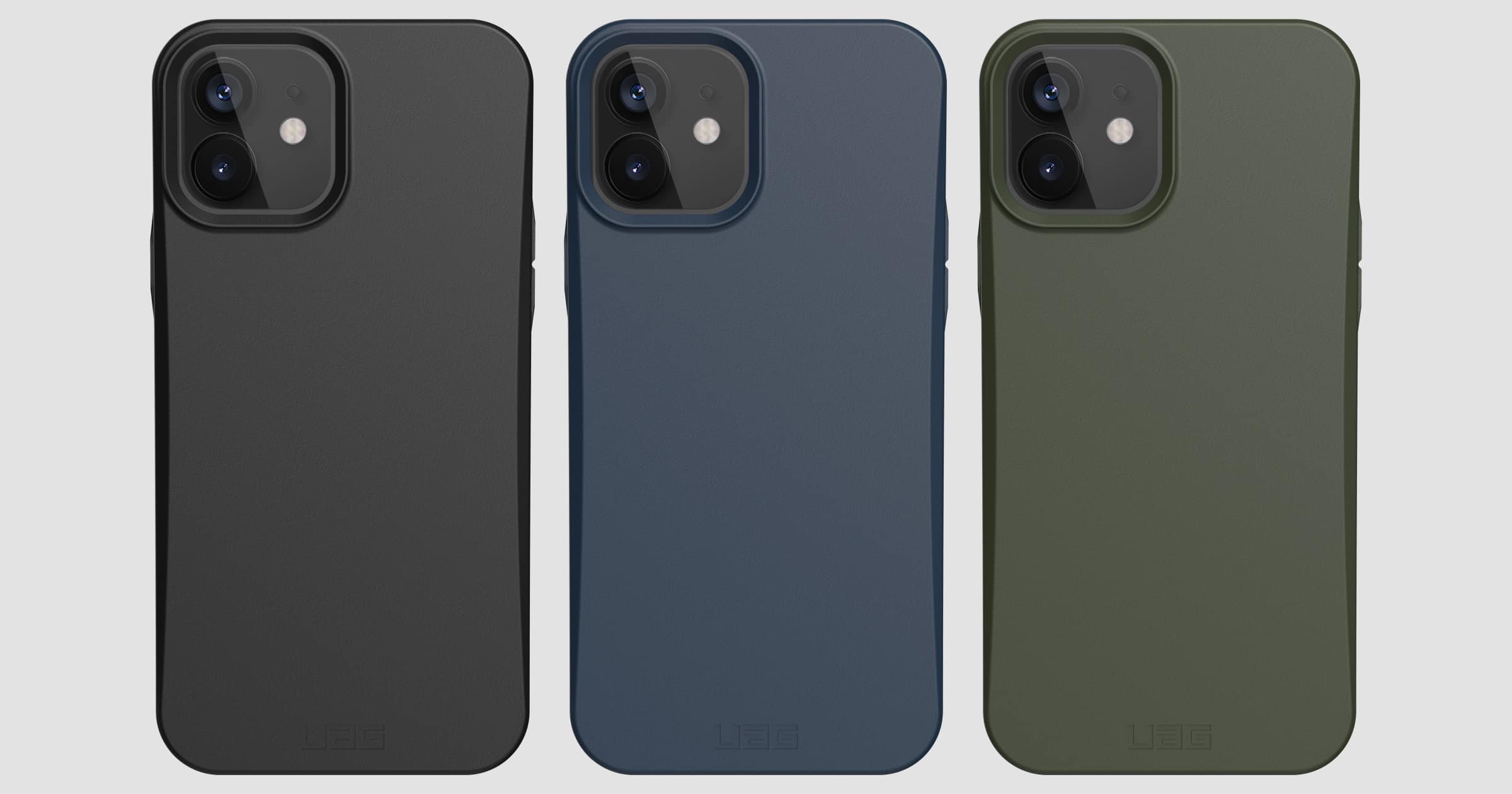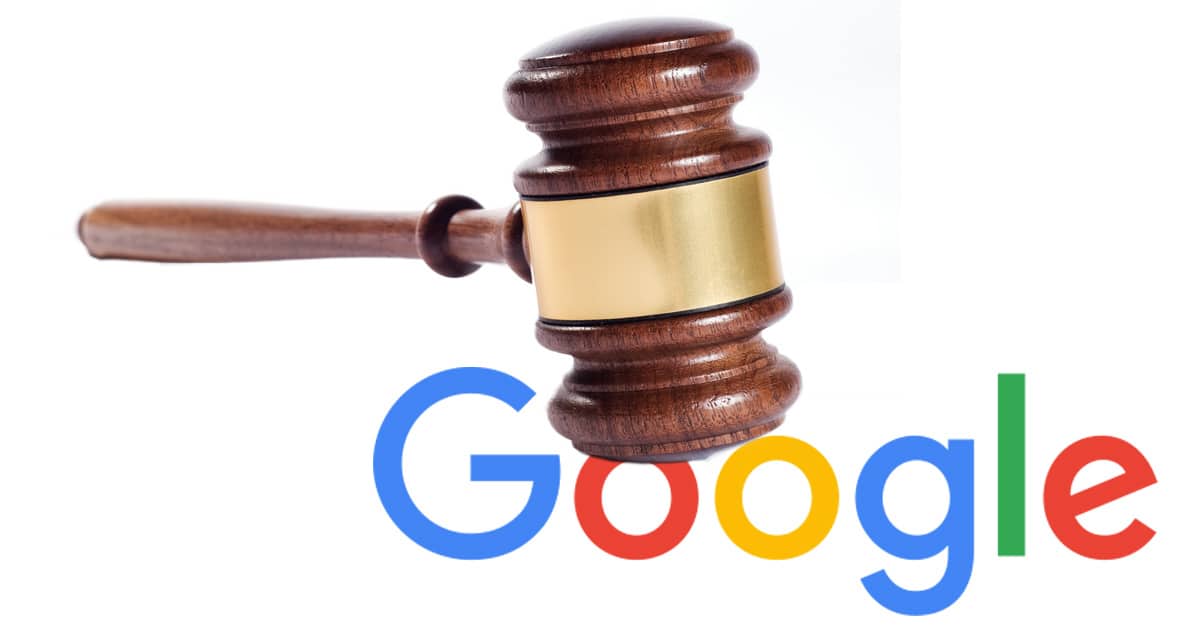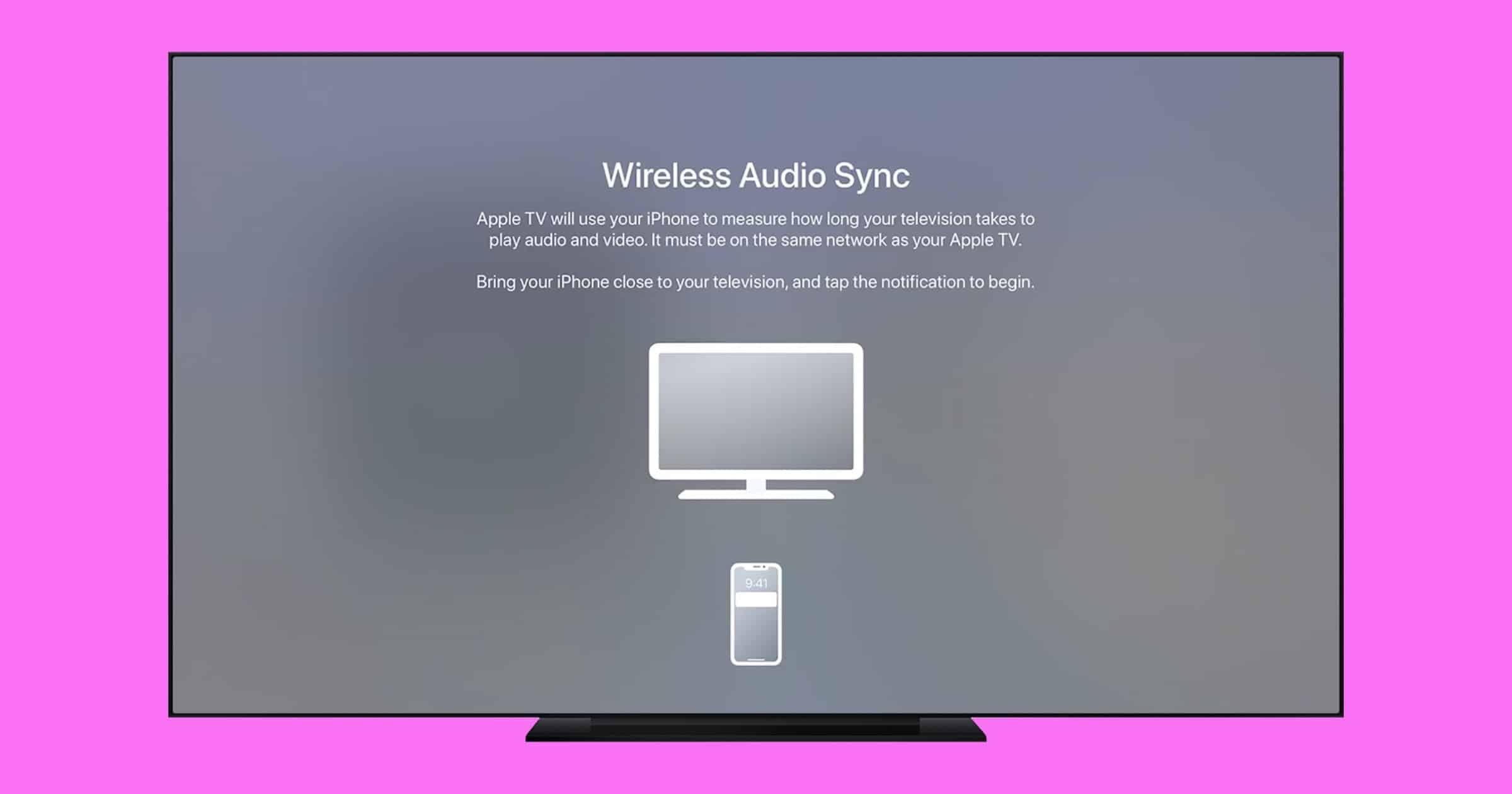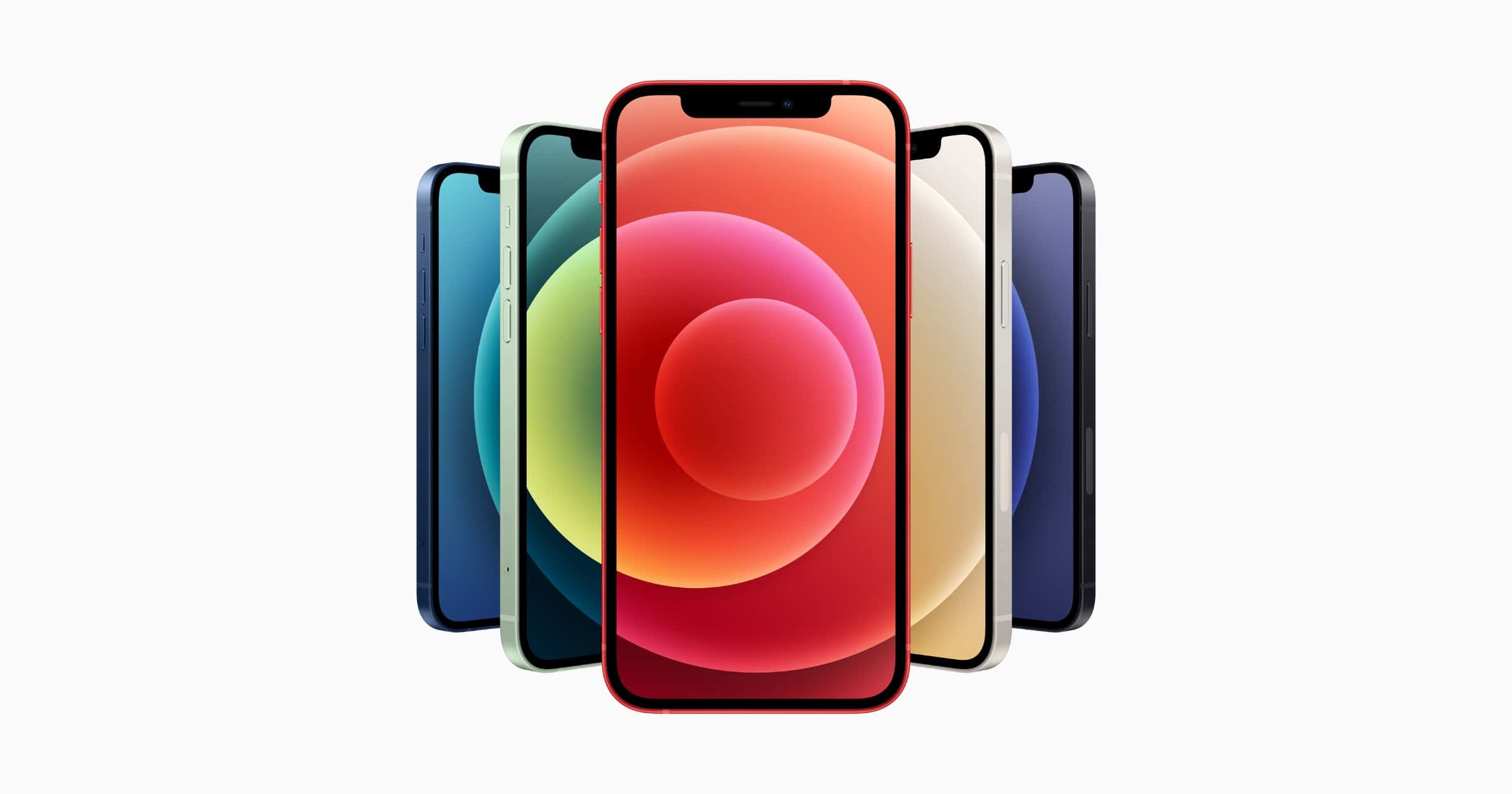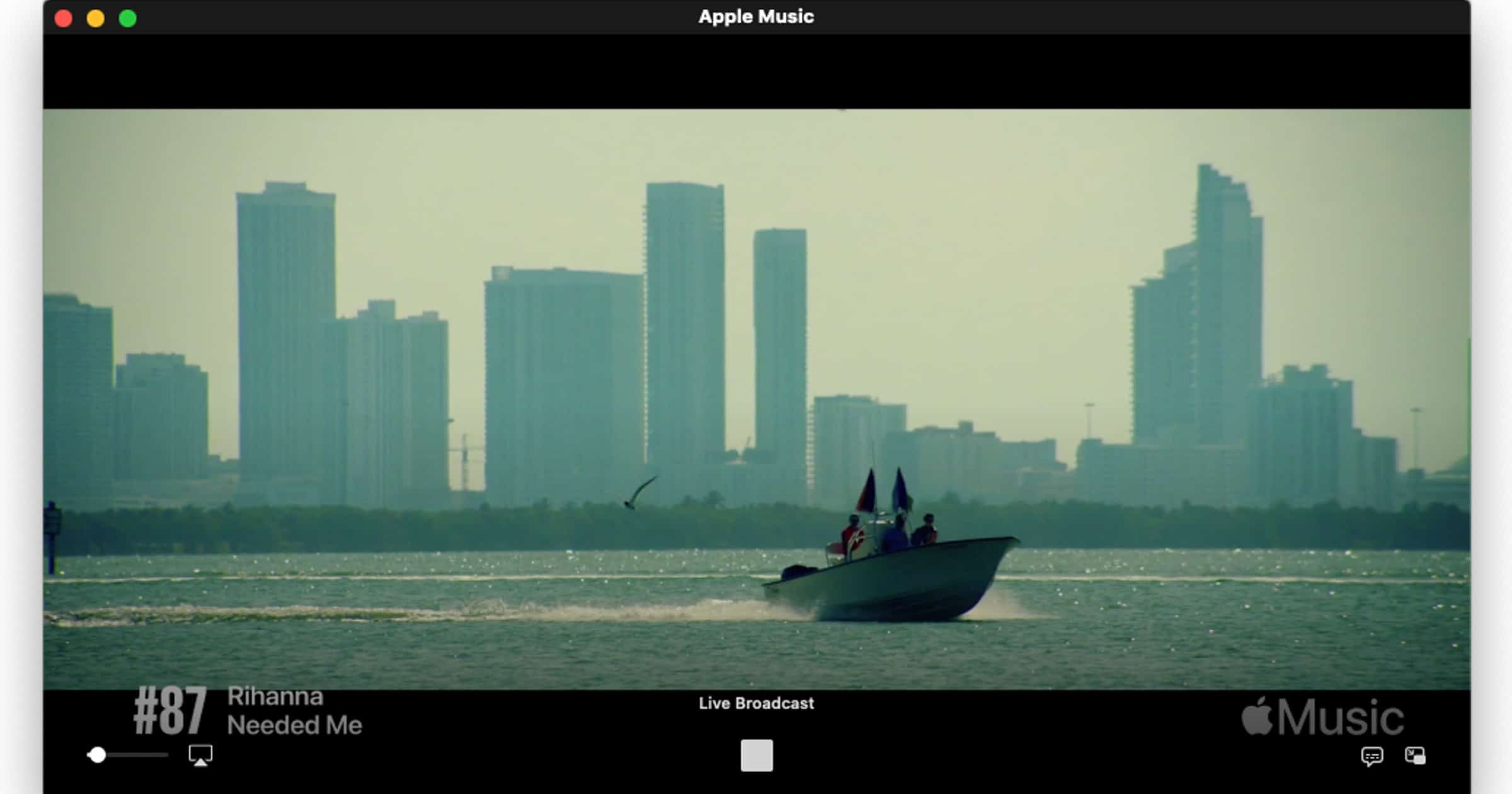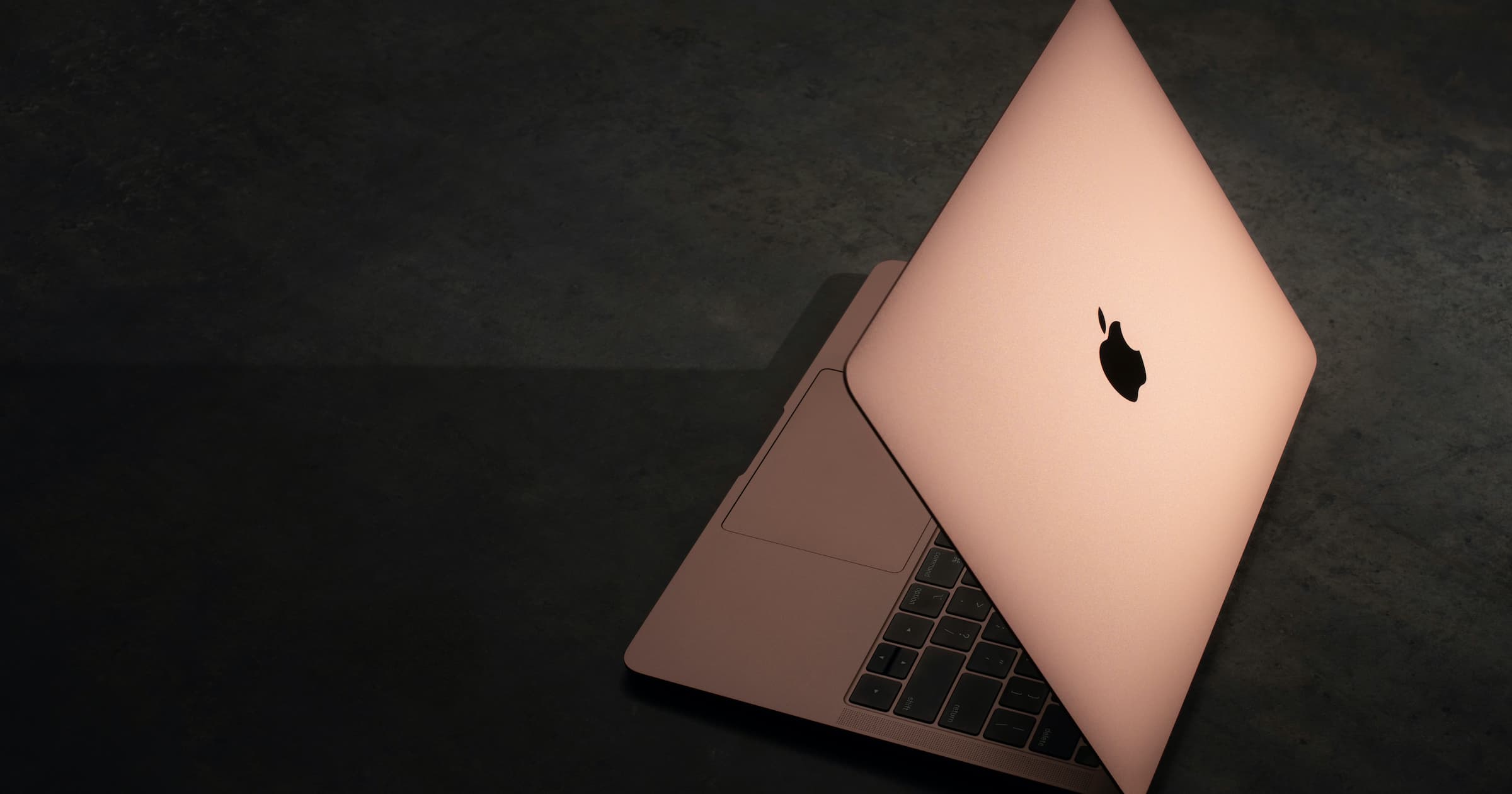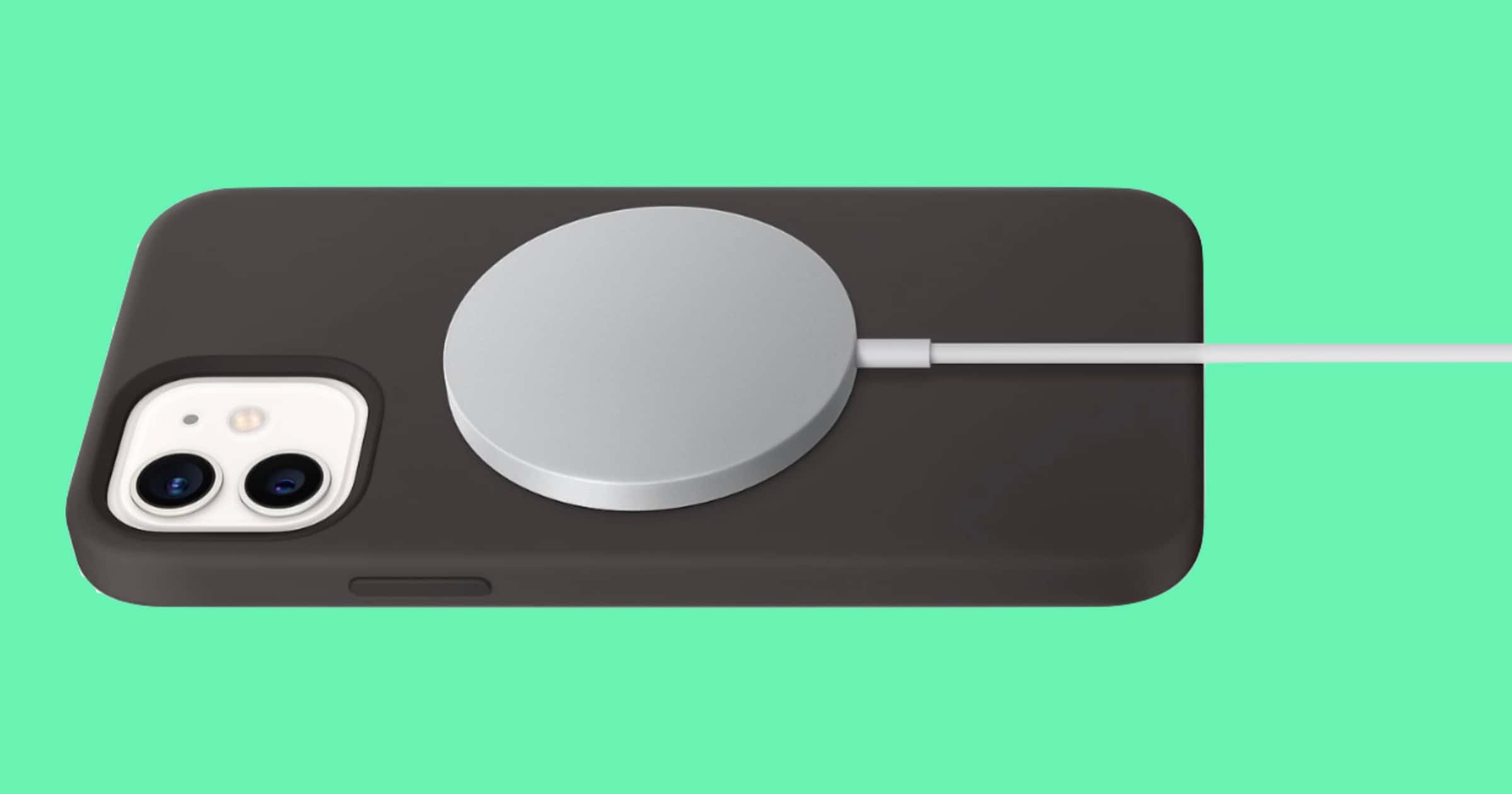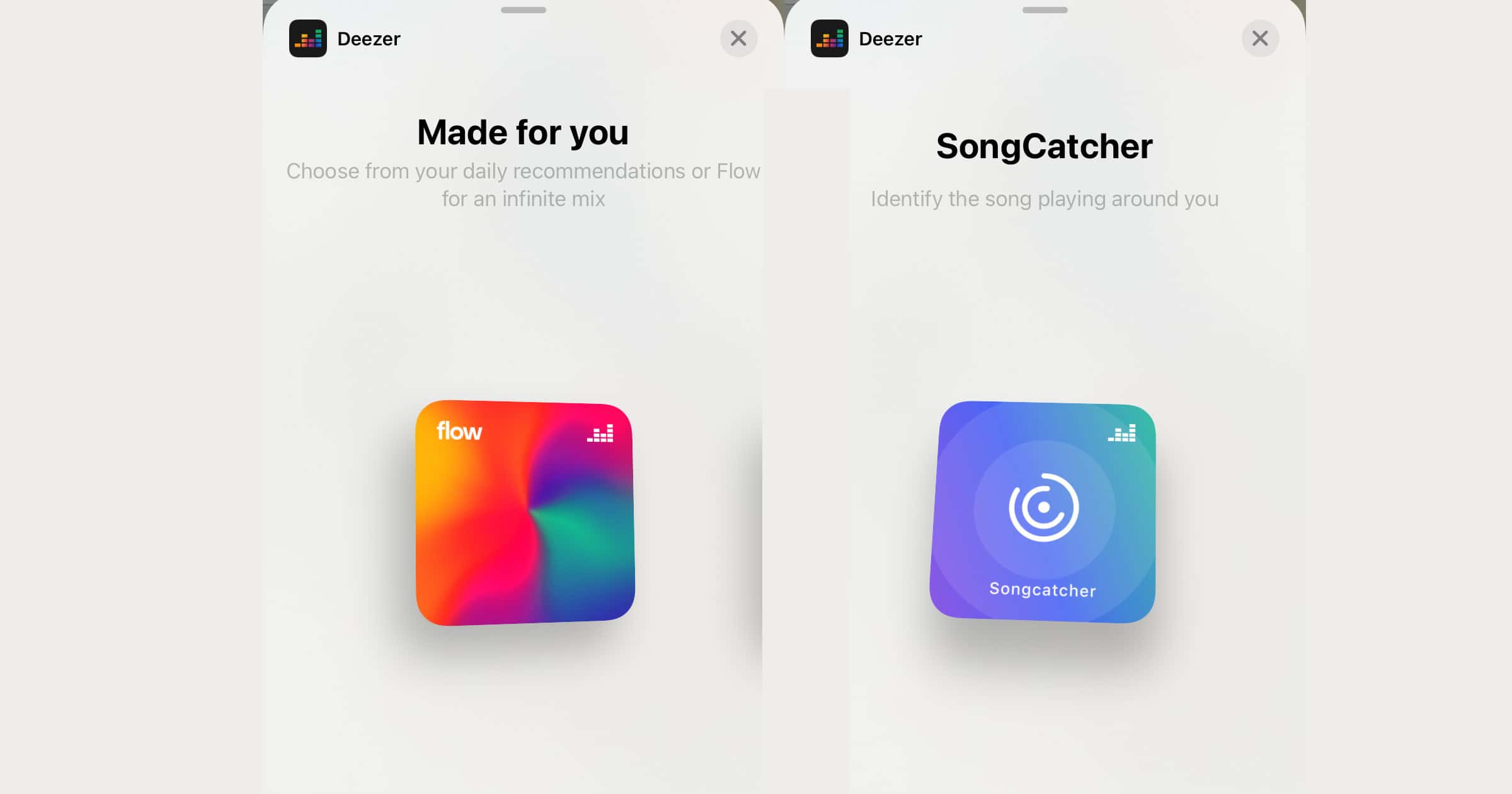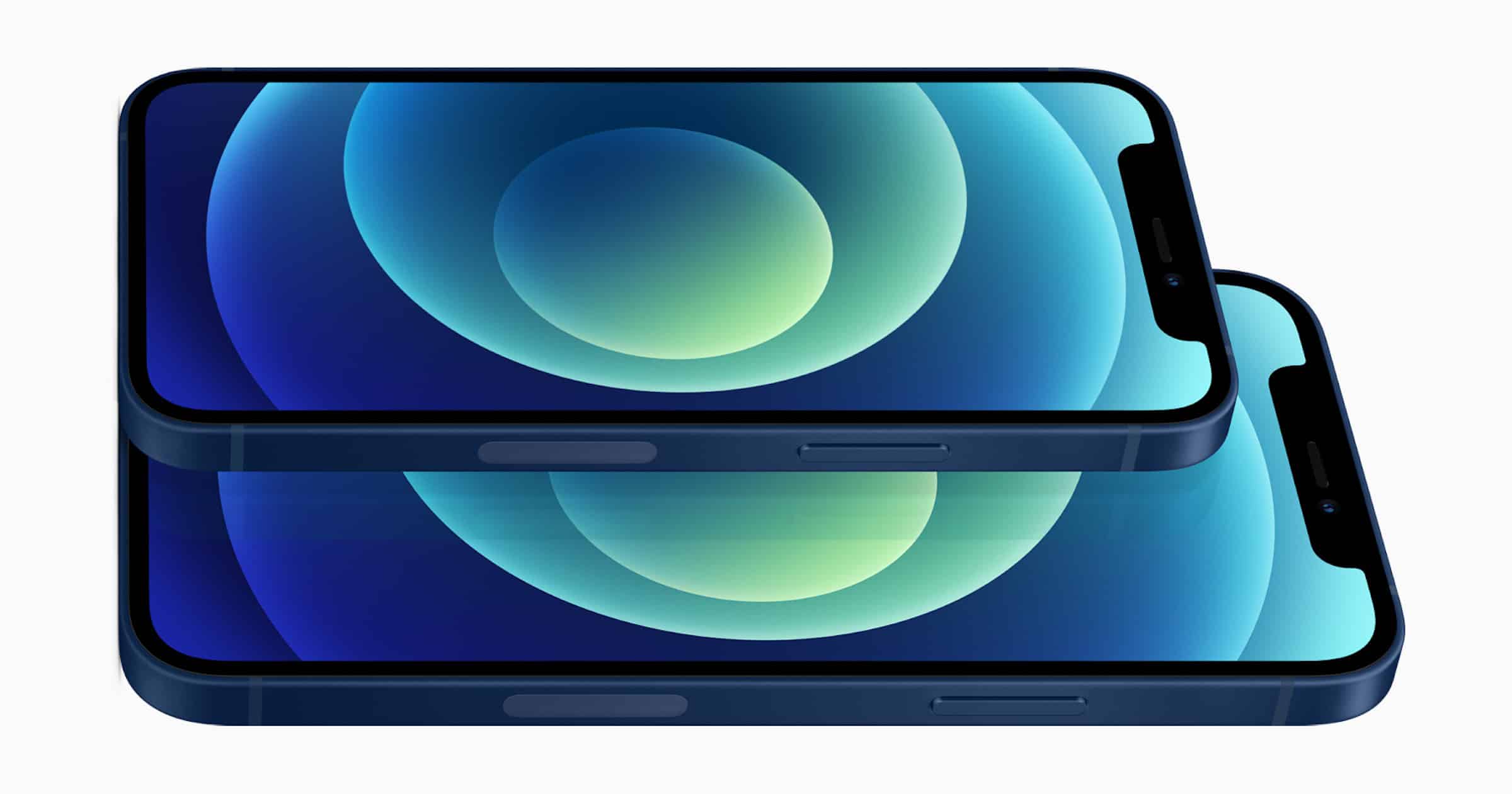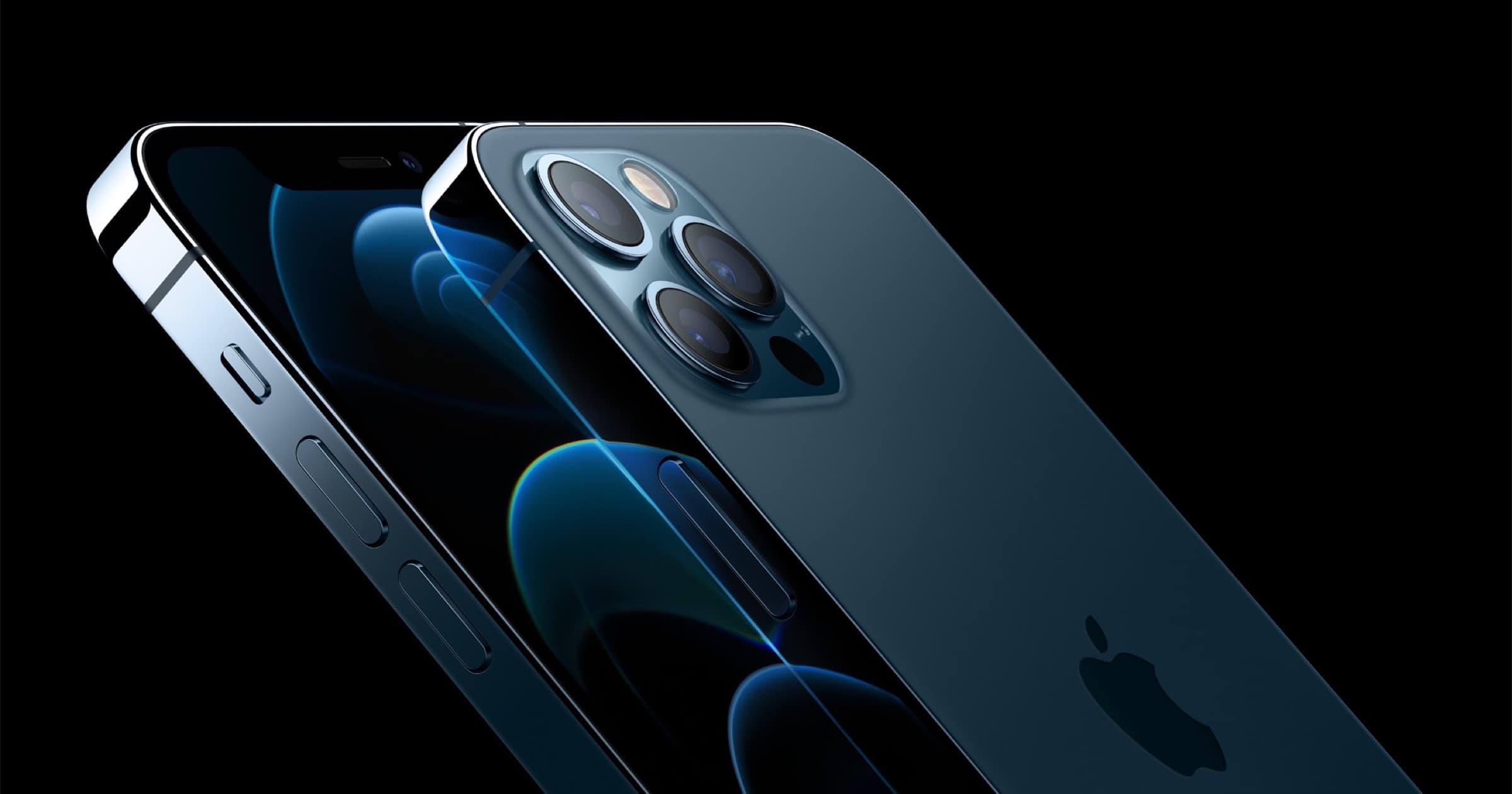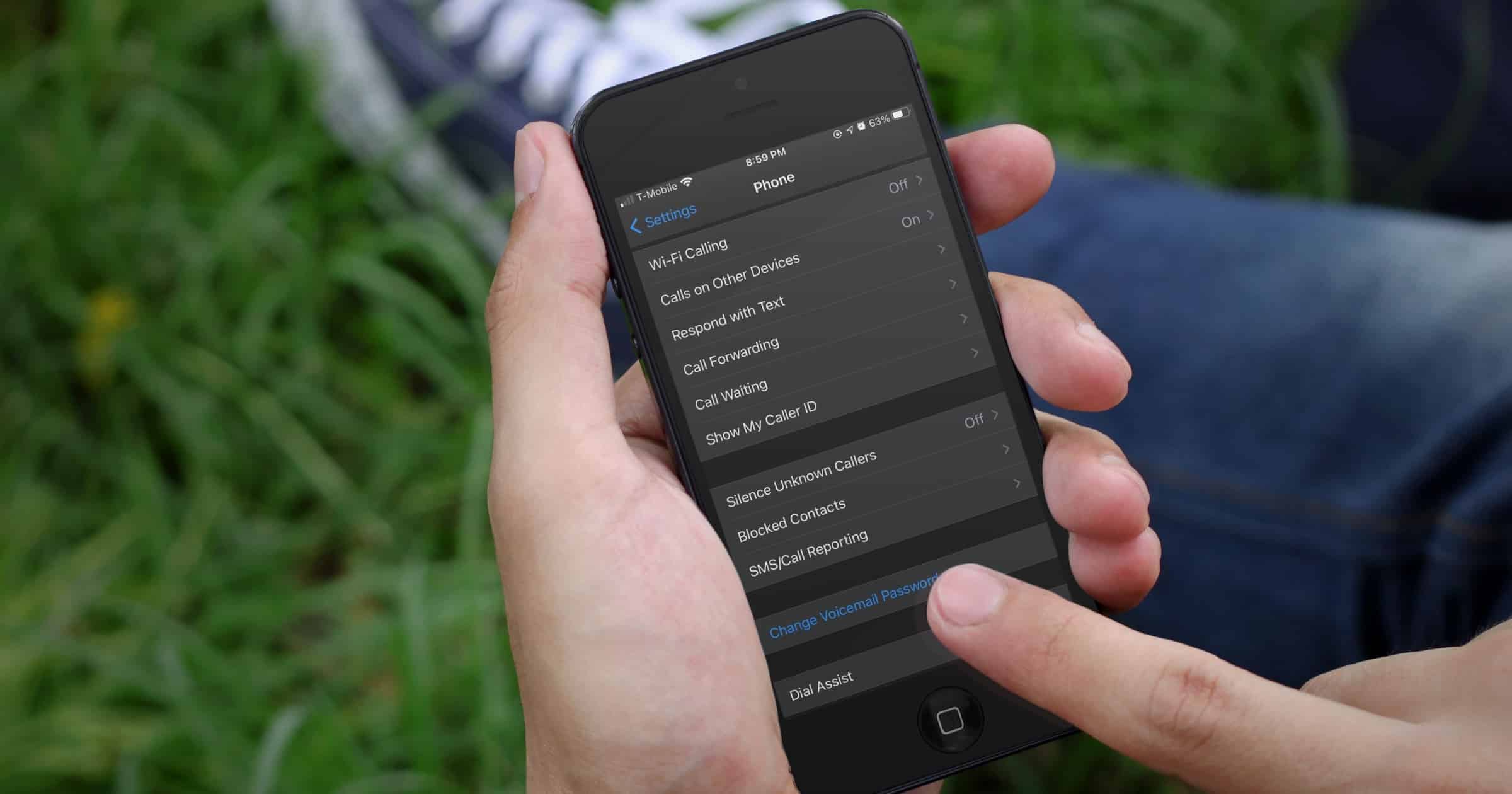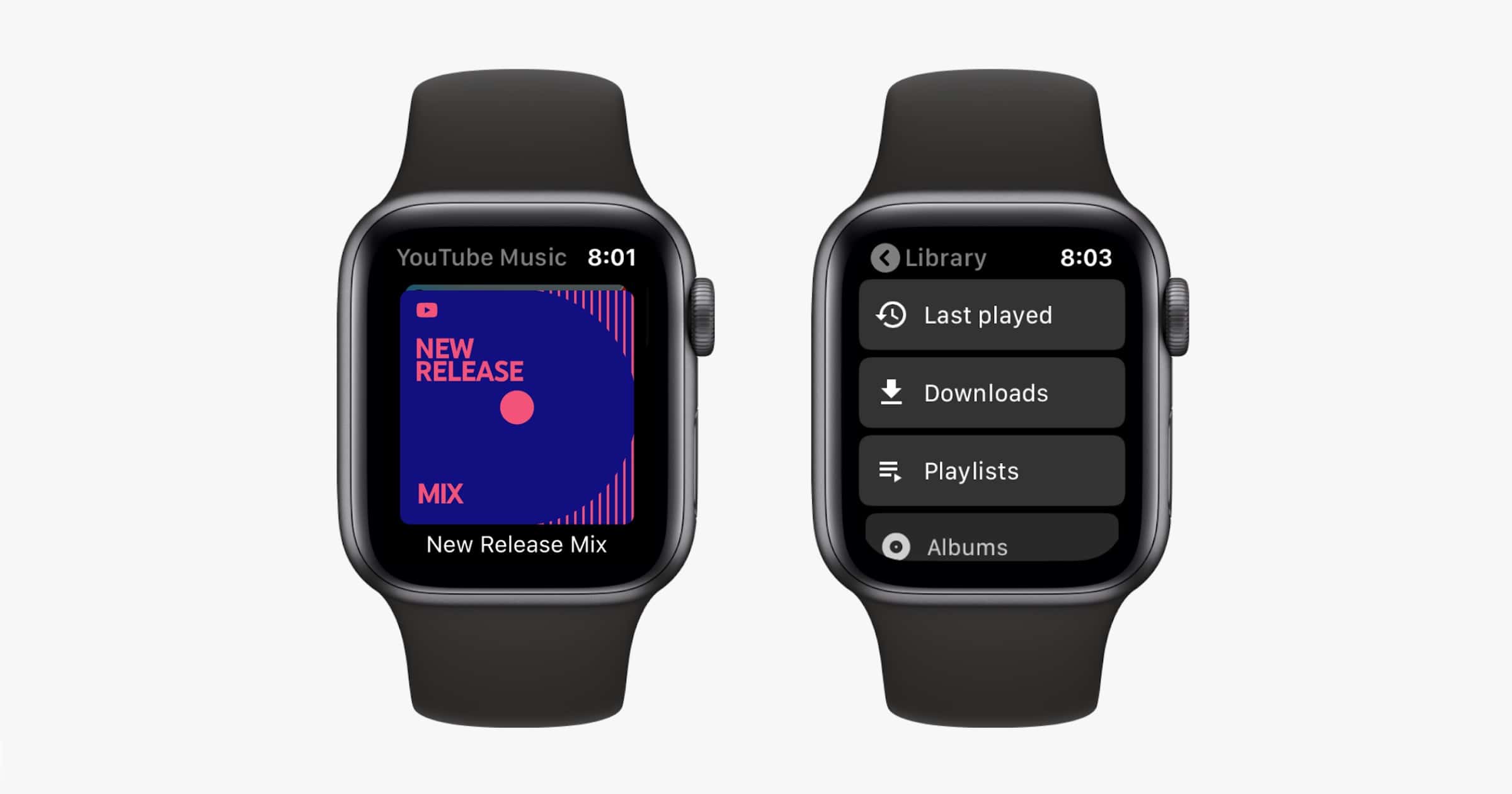Molekule announced Tuesday that its Air Mini+ purifier supports HomeKit and is available on Apple’s website for US$499.95.
Urban Armor Gear Releases Rugged iPhone 12 Cases
Urban Armor Gear is Andrew’s favorite brand for protective cases and the company has unveiled its line of rugged iPhone 12 cases.
Google Faces U.S. Government Antitrust Lawsuit
The U.S. government on Tuesday filed an antitrust lawsuit against Google, Reuters reported. It alleges that the search giant used its market power to repel advances by rivals.
More lawsuits could be in the offing since probes by state attorneys general into Google’s broader businesses are under way, as well as an investigation of its broader digital advertising businesses. A group of attorneys general led by Texas is expected to file a separate lawsuit focused on digital advertising as soon as November, while a group led by Colorado is contemplating a more expansive lawsuit against Google. The lawsuit comes more than a year after the Justice Department and Federal Trade Commission began antitrust investigations into four big tech companies: Amazon.com Inc , Apple Inc, Facebook Inc and Google. Seven years ago, the FTC settled an antitrust probe into Google over alleged bias in its search function to favor its products, among other issues. The settlement came over the objections of some FTC staff attorneys. Google has faced similar legal challenges overseas.
Paleoanthropologist Dr. John Hawks - BGM Interview
Dr. John Hawks is a Distinguished Achievement Professor of Anthropology at the University of Wisconsin, associate chair, and undergraduate advisor. He earned his Ph.D. in Anthropology from the University of Michigan in 1999. His interests include Biological anthropology, Paleoanthropology, and Anthropological genomics.
John took us through the evolution of humans from a cultural and genetic viewpoint, starting about 3 milion years ago. In recent years there’s been an explosion in the fossil history of our ancestors that has greatly improved our understanding of Homo Sapiens. We spent some time covering the newest thinking about Neanderthals, including how Homo Sapiens interacted with them starting 100,000 years ago in Europe — and the mysterious disappearance of the Neanderthals. John provides fascinating details of our human evolution. Don’t miss this one!
EC1 Electric Height Adjustable Standing Desk: $254.99
We have a deal for you today on the EC1 Electric Height Adjustable Standing Desk. This standing desk features an electric motor to raise and lower the desk from sitting to standing height. The EC1 is $254.99 through our deal.
How to Set Up Wireless Audio Sync on Apple TV
You may want to set up wireless audio sync on Apple TV under certain conditions, and a Mac Geek Gab listener pointed us in the right direction.
iPhone 12 Preorders Beat Its Predecessor, Says Ming-Chi Kuo
iPhone 12 pre-orders in the first 24-hours of availability surpassed those for the iPhone 11 in the same time period. That’s according to a note from analyst Ming-Chi Kuo, seen by CNBC.
In a research note Monday, Kuo reported that Apple sold up to 2 million iPhone 12 units in the first 24 hours, up from 800,000 units of the iPhone 11. But for the full weekend of preorders, which ended Sunday, Kuo predicted Apple would sell up to 9 million iPhone 12 units, down from the iPhone 11′s 12 million for the same period. The iPhone 12 Pro sold better than expected thanks to strong demand in China, Kuo said
What's Out From Apple, including aMTV – TMO Daily Observations 2020-10-19
Charlotte Henry and Bryan Chaffin join host Kelly Guimont to discuss what is (and isn’t ) on preorder from Apple, and the new TV app channel.
Apple Music TV: 24-Hour Music Video Channel Goes Live
Apple has launched a new 24-hour music video service in the U.S that will also show exclusive video premieres and interviews.
Amazon Offers Great Deals on 2020 MacBook Air
If you’ve been holding off on buying a new 2020 MacBook Air, it’s time to make your move. Right now, Amazon offers great deals on the lightweight laptops with digital coupons worth up to $100. You can purchase a 256GB MacBook Air for $849.99, down from its retail list price of $999.99. Amazon lists it at $949.99, plus you get a $100 digital coupon at checkout. Even better, the 512GB MacBook Air can be yours for $1,149.99. This is marked down from the usual $1299 price tag and also uses a digital coupon.
New iPhone 12 Ad Shows-Off 'The Most Powerful iPhone Ever'
Apple has released a new advert for the iPhone 12 and iPhone 12 Pro. Entitled The Most Powerful iPhone Ever, it shows off the smartphones’ 5G and camera capabilities. The two devices became available for pre-order on Friday, October 16, and will be available to customers from October 23.
‘Snoopy in Space’ Season 2 Planned for Apple TV+
WildBrain is partnering with Apple TV+ to bring new originals of “Peanuts” as well as “Snoopy in Space” season two.
Japan’s Antitrust Regulator ‘Ready’ to Take on Apple
Japan’s antitrust regulator is just the latest in a growing number of countries tackling the business practices of Apple and its App Store.
Kate Hudson to Co-Star in Season 2 of 'Truth be Told' on Apple TV+
Kate Hudson will star alongside Octavia Spencer in the second season of Truth be Told on Apple TV+, which will begin filming this month.
Is Apple’s iPhone 12 Decision Really Better for the Environment?
Imad Khan writes how switching to a USB-C port would be more environmental than Apple’s decision not to include a charger in the box.
And let’s not forget that Apple will still need to ship tiny Type-C power adapters across the world to accommodate the new cable included with the iPhone 12. While these new adapters will have a long shelf life, it will cut back on the emissions savings that Apple so proudly publicizes.
This is the part I agree with. What are the environmental logistics of shipping multiple lighter packages versus one heavier one?
Apple TV+ Stars 'Helpsters' Plan a Party
Helpsters, from the creators of Sesame Street, is a key part of Apple TV+’s offering for kids. The second season of the show premiered on Friday. In a new video celebrating the new season, the characters show how to plan a party.
Deezer Launches Two New iOS 14 Widgets
Music and podcast playing service Deezer has unveiled two new iOS 14 widgets called ‘Songcatcher’ and ‘Flow’.
Widgets, Wi-Fi, and Big Sur — Mac Geek Gab 839
The fall is a crazy ride for Apple users. New hardware, new software, lots of changes, and more. John and Dave are right there with you to answer your questions, share tips, and dissect the new technology to help us all understand everything better. Listen this week as your two favorite geeks answer some Wi-Fi questions, share Cool Stuff Found, and revisit Big Sur as it surely gets closer to release time. Press play and enjoy learning five new things!
An mmWave 5G Antenna Hides Behind a Mystery Patch on the iPhone 12
Since the “Hi, Speed” event, Jeff Butts was curious about the patch on the side of the iPhone 12. Turns out, it’s for the mmWave 5G antenna.
How Homeland Security Caught Suspect in R. Kelly Case
A recently revealed warrant in the R. Kelly case revealed how U.S. Homeland Security used a Google search warrant.
Homeland Security special agent Sylvette Reynoso testified that her team began by asking Google to produce a list of public IP addresses used to google the home of the victim in the run-up to the arson. The Chocolate Factory complied with the warrant, and gave the investigators the list.
As we discussed on Security Friday today, it’s cool that law enforcement was able to do this, yet simultaneously scary since it involved a dragnet of Google users.
How Apple Added LiDAR to iPhone 12 models
Timothy B. Lee wrote a fascinating write-up of the iPhone 12 LiDAR sensor for Ars Technica. It’s a technology that used to be US$75,000.
Two of the companies working on high-end VCSEL-based lidar—Ouster and Ibeo—have already gotten more traction than most companies in the crowded lidar business. Apple’s decision to adopt the technology—and the possibility that other smartphone vendors could follow Apple’s lead—will provide them with a nice tailwind in the coming years.
A great explainer, and I wrote about the other iPhone 12 camera features here.
Kill Spam Calls with This iOS Feature
If you’re sick of people and companies you don’t know calling you all the time, here’s a way to kill spam calls for good.
Gorillaz Apple Music Show Launches October 19
Gorillaz is launching a four-part show on Apple Music called “Song Machine Radio” set to debut on the streaming service October 19.
YouTube Music Debuts on Apple Watch
Google announced on Thursday that the YouTube Music app is available on the Apple Watch, letting users browse music collections.

